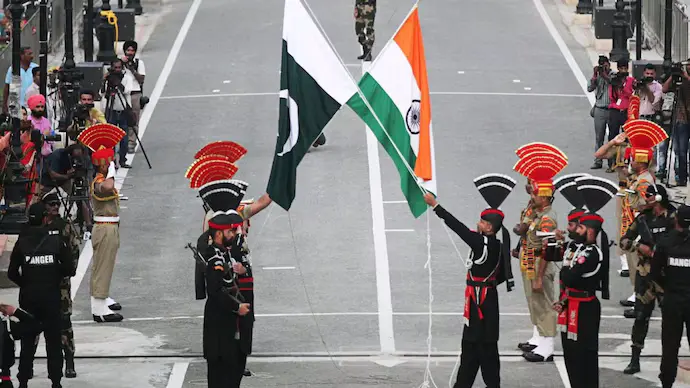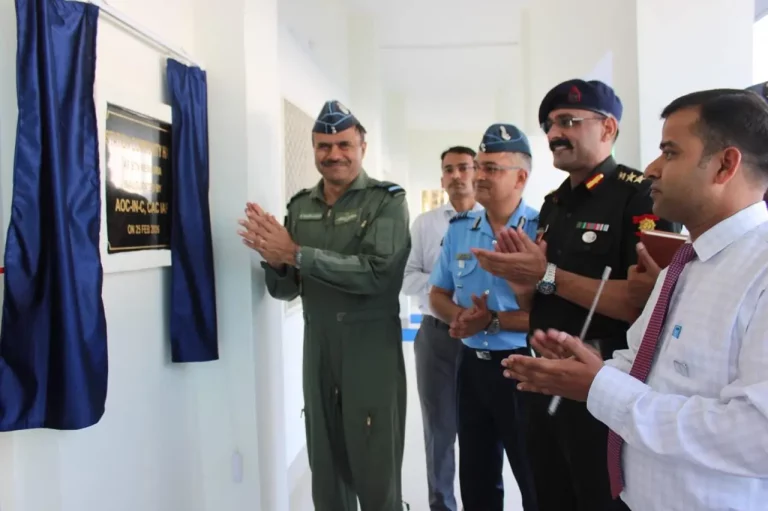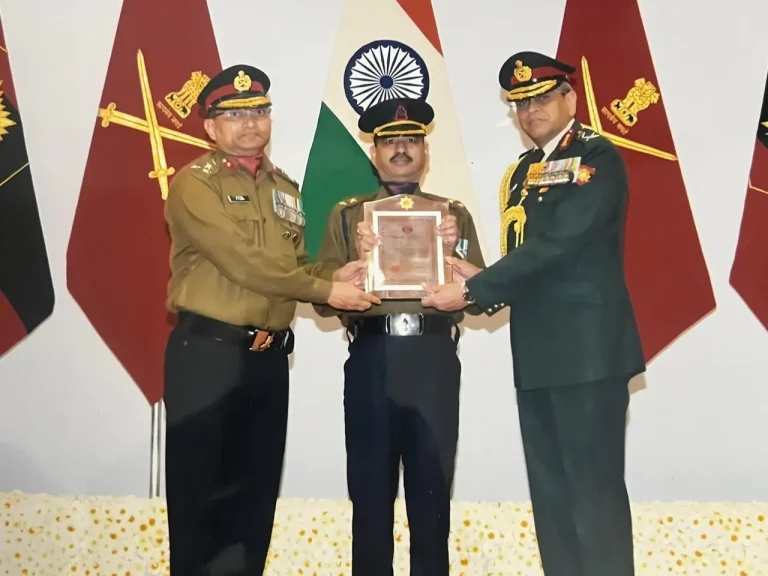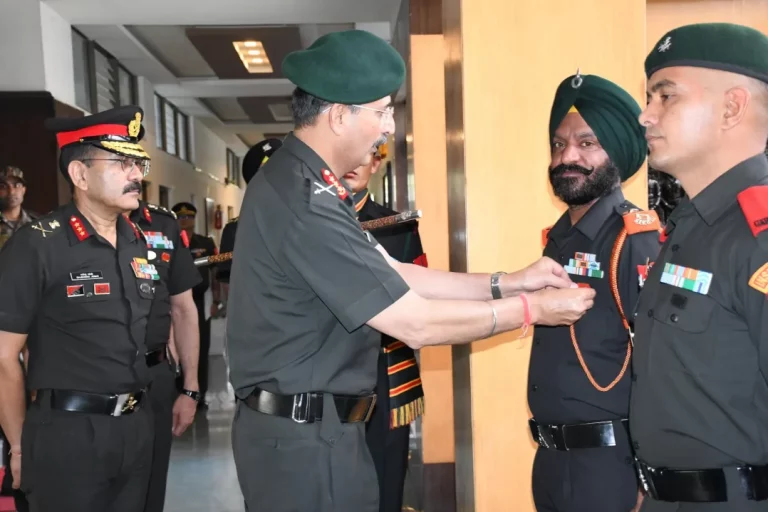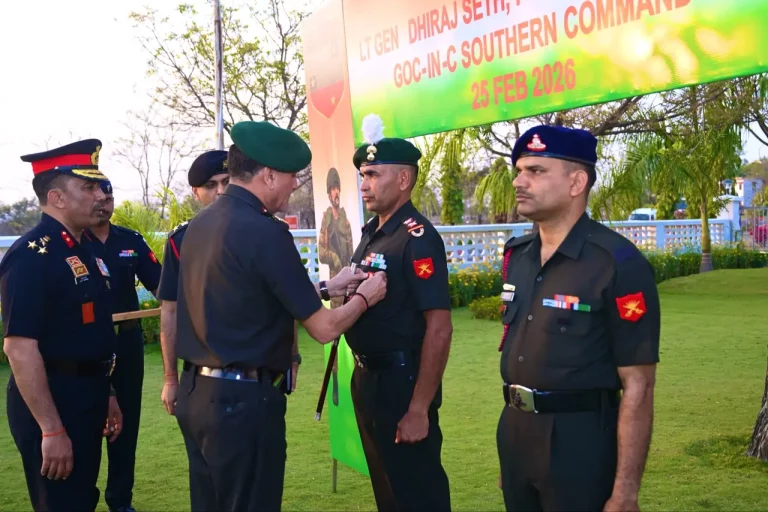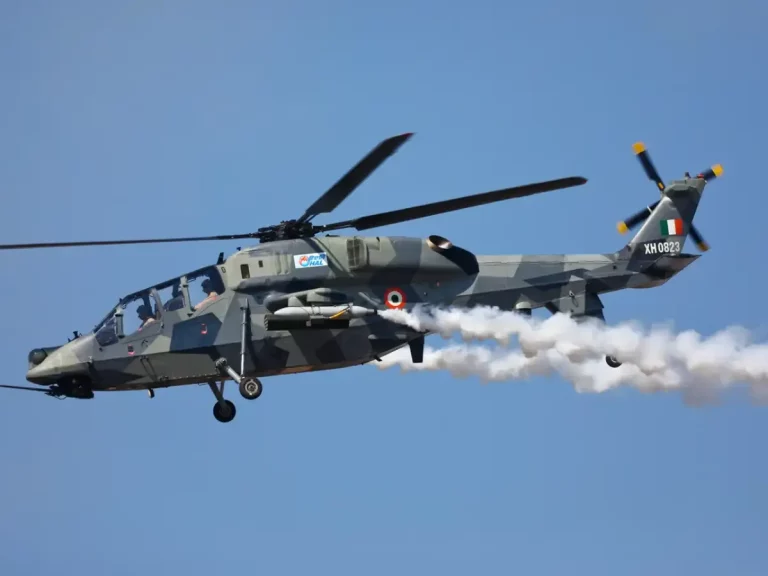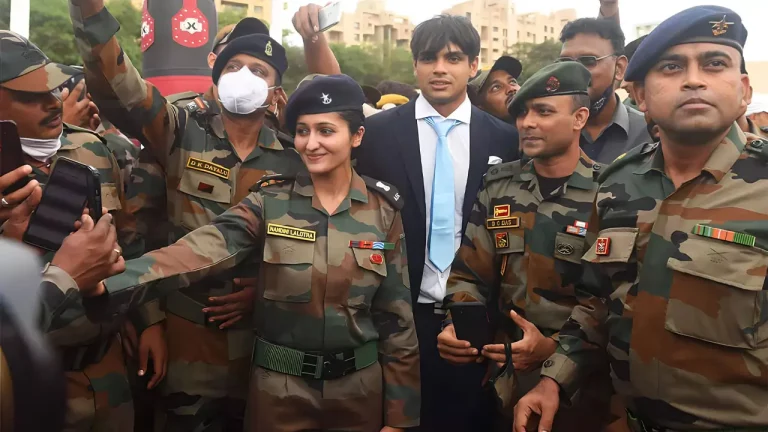A ceasefire agreement between India and Pakistan, initially scheduled to expire on May 10, has been extended until May 18. The decision was announced by Pakistan’s Deputy Prime Minister and Foreign Minister Ishaq Dar and has been validated through ongoing communications between military officials from both nations.
The extension follows a significant agreement reached on May 10 between the Directors General of Military Operations (DGMOs) of both countries. According to statements from the Indian Army, both sides have been actively working on confidence-building measures that aim to lower the “alertness level” along the Line of Control (LoC) and other sensitive regions.
A senior official from the Indian Army noted, “The Indian Army continues to uphold the understanding between the DGMOs and will gradually implement de-escalation steps.” Furthermore, military hotlines were utilized for communications on May 12 and May 14 to reinforce the ceasefire, although the specifics of the May 14 exchange have not yet been publicly confirmed by Indian officials.
The decision to extend the ceasefire comes in the wake of increasing tensions following a tragic terror attack in Pahalgam on April 22, which resulted in the deaths of 26 civilians. This incident prompted India to launch Operation Sindoor on May 7, targeting suspected terrorist infrastructure in Pakistan-occupied Jammu and Kashmir, as well as within Pakistan itself.
In retaliation, Pakistan engaged in a series of cross-border attacks between May 8 and May 10, which were met with effective counterstrikes from the Indian military. The ceasefire initiative is viewed as a critical move to prevent further escalation and promote stability along the border.
Sources indicate that both nations have agreed to refrain from provocative actions, including any instances of gunfire, and are exploring the possibility of reducing troop deployments in forward positions.
This recent development represents a cautious attempt to restore normalcy after weeks of heightened cross-border conflict, with both military establishments acknowledging the imperative of restraint and the necessity for continued dialogue.
